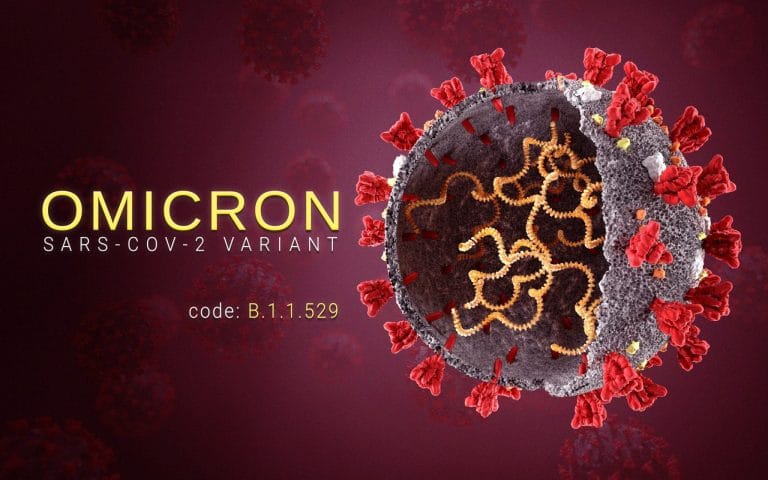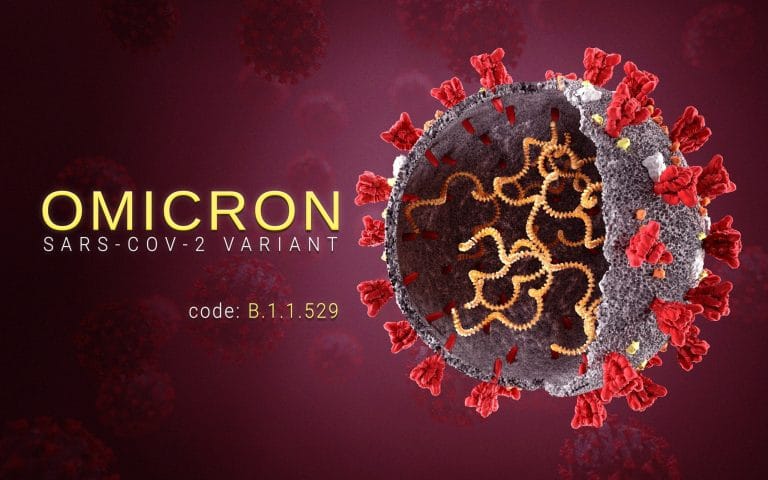Depression is an illness that is frequently misunderstood because people can’t understand the distinction between having a natural and temporary bout of “the blues” and having a major depressive disorder (MDD). MDDs are persistent and are caused by a metabolic imbalance in the brain. They cannot be dismissed with optimistic thinking, nor are they indications of a person’s weakness. In this article you will Lear What is depression disability and Depression Qualify for Disability?
Is depression disability or mental illness?
The answer to the question “ Is depression a disability?” is, Yes. Individuals experience different symptoms of a severe depressive illness, often known as major depression or clinical depression. However, most patients discover that their capacity and willingness to participate in everyday living activities, even ones they formerly valued, is sapped by the symptoms.
Depressed people frequently experience exhaustion and apathy, a lack of sleep, an inability to focus, continual melancholy, anger, and feelings of worthlessness, as well as suicidal ideation.
To define the intensity of depression, psychiatrists frequently use the phrases mild, medium, and serious.
Three Kinds of Depression
The Diagnostic and Statistical Manual of Mental Disorders (DSM) of the American Psychiatric Association, on which Social Security bases its disability listings, describes three different depressive disorders that can demoralize and interrupt an individual’s capacity to work and attend classes or socialize with others.
Major Depressive Disorder
Major depressive disorder is the first kind of depression defined in the DSM. For a clinical depression diagnosis, symptoms such as feelings of guilt or worthlessness, changes in eating and sleep habits, difficulties focusing, exhaustion, suicidal thoughts, and/or constant sorrow must be present every day for at least two weeks, according to the DSM.
Dysthymia
Dysthymia, a mood illness, is the second form of depression identified. Many of the symptoms of this kind of depression are similar to those of Major Depressive Disorder, although they are often less severe and last at least two years.
Manic Depression
Manic depression, often known as bipolar disorder, is the third kind of depression recognized in the DSM. Periods of mania and depression, or severe highs and lows, define manic depression.
Manic episodes are characterized by an inflated feeling of self-esteem, a lack of sleep, excessive talkativeness, racing thoughts, impatience, and increased engagement in dangerous activities (for example, sex, drugs, and alcohol).
Can we get Social Security if we have depression?
Depression is a mental health problem that affects your mood, thoughts and feelings, weight, sleeping patterns, energy level, and operation capacity. If your depression impairs your capacity to work, you may be eligible for Social Security disability.
To be eligible for Social Security benefits for depression, you must have at least five of the following symptoms:
- Depressed state of mind
- Loss of interest in the majority of activities
- Changes in your appetite and weight are significant.
- Sleeping problems
- Movements that are obvious to others and are either sluggish or frantic.
- Lack of energy, a sense of shame or worthlessness
- Concentration problems
- Suicidal ideation
Unipolar Disorder
Patients may seem unhappy, with teary eyes, furrowed brows, down-turned corners of the lips, slumped posture, poor eye contact, lack of facial expression, limited body movement, and alterations in speech (e.g., soft voice, lack of prosody, use of monosyllabic words). Parkinson’s disease might be mistaken for appearance.
Some patients’ depression is so severe that tears dry up; they describe being unable to experience normal emotions and feel that the world has turned colorless and lifeless. Nutritional deficiencies may be severe, necessitating immediate attention. Some depressed people disregard personal cleanliness and their children, other loved ones, or pets.
Persistent depressive disorder
Severe depression that lasts for more than two years without remission is defined as persistent depressive disorder (PDD), a category that includes diseases previously known as chronic major depression and dysthymia.
Symptoms usually occur gradually throughout adolescence and might last for many years or decades. The number of symptoms often oscillates along each threshold for a severe depressive episode. Affected individuals may be dismal, depressive, humorless, apathetic, sluggish, withdrawn, self-and other-critical, and complainers. PDD patients are also more likely to have basic anxiety problems, substance abuse, or personality abnormalities. But still many people did not recognize and they doubted the questions “ Is depression a disability?
What is Problem with High Functioning Depression?
Premenstrual dysphoric disorder
The premenstrual dysphoric disorder is characterized by anxiety and depression symptoms clearly associated with the menstrual cycle, with symptoms beginning during the premenstrual period and ending with a symptom-free time following menstruation. Symptoms must have been present during the majority of menstrual cycles in the previous year.
Symptoms are comparable to premenstrual syndrome but more extreme, causing clinically considerable discomfort and/or significant impairment of social functioning. The disease can start at any moment after menarche, worsen as menopause arrives, and then go away. In a particular 12-month period, the prevalence is predicted to be 2 to 6% of menstrual women.
Prolonged grief disorder
Prolonged grieving is characterized by enduring sadness following the death of a loved one.
It differs from depression in that the melancholy is localized to the loss, as opposed to the more generic sense of failure associated with despair. In contrast to normal mourning, this condition can be severely debilitating and necessitates therapy developed expressly for chronic grief disorder.
When the mourning reaction (characterized by recurrent longing or desire and/or obsession with the departed) lasts a year or more and is persistent, pervasive, and exceeds societal norms, it is labeled prolonged sorrow. The Inventory of Complicated Grief and the Brief Grief Questionnaire are two excellent screening tools. Is depression a disability as per medical studies?
According to the Americans with Disabilities Act, depression is a mental impairment (ADA). It’s a serious mood condition that has been shown to interfere with daily tasks, including your capacity to work. Depression might occasionally grow so severe that you are unable to work.
Other depressive disorder
Clusters of symptoms with depressive disorder features that do not fulfill the complete requirements for other psychiatric illnesses but produce clinically substantial harm or distress of functioning are classed as other depression (specific or undefined).
Recurrent periods of dysmorphia with four other depressive symptoms lasting two weeks in people who have never met requirements for another mood disorder (e.g., repeated brief depression) and depressive periods lasting longer but with inadequate symptoms for assessment of another depressive disorder are included.
Top 20 Paid Blogging Jobs for Moms That Pay $100+ in 2024







